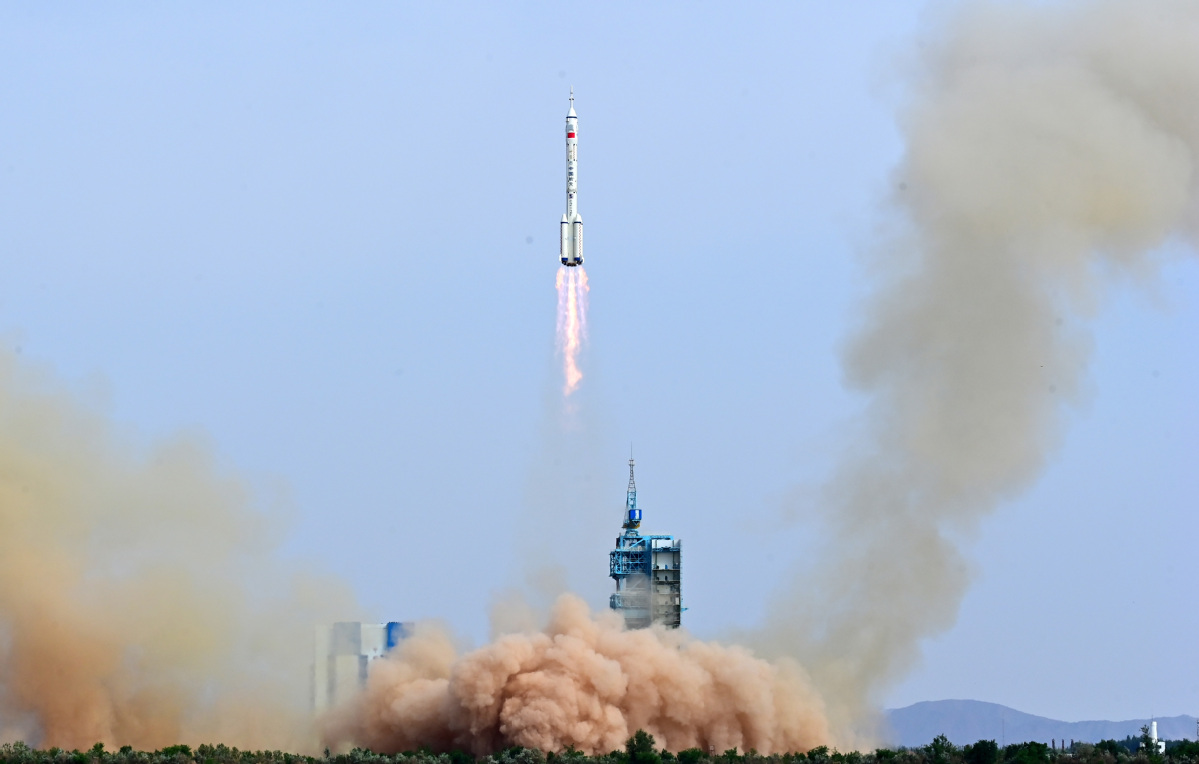Launch signals wider-opening space sector
China Daily | Updated: 2023-05-31 07:49

Traditionally, China's astronauts are selected from among fighter plane pilots with ample flying experience, as they can control the machinery and have the training to stay calm should an emergency arise in space.
Yet among the three astronauts aboard Shenzhou XVI, which is taking them to Tiangong, China's space station, is Gui Haichao, a professor from Beihang University. He is the first civilian China has sent into space, and will conduct space science experiments, collect and analyze data and maintain the lab devices on the space station.
That's good news for the nation's space science, as he will be more professional in carrying out research experiments on the space station.
It is also good news for China's astronautics sector, as it shows that the nation is confident enough to send persons other than military pilots into space. It means that the threshold for traveling into space is being lowered, offering hope to many that one day ordinary people will be able to buy a ticket for a trip into space.
Besides Gui, there is also Zhu Yangzhu, a space flight engineer from China's astronaut team, who will serve as a professional rather than a pilot. Zhu's teaching experience in college, similar to that of Gui, is also evidence of Chinese astronauts' educational background being raised.
Twenty years after Shenzhou V took China's first astronaut Yang Liwei out of the Earth's atmosphere, China already has a full team of astronauts ready to further our understanding of the cosmos.
Mission commander Jing Haipeng is on his fourth trip into space, making him the Chinese astronaut with the richest experience in space travel. In the 15 years between his first mission and this one, China has progressed from sending astronauts into space to supporting their stay for half a year on its newly constructed space station.
The country has already started preparing for a mission to land Chinese astronauts on the moon before 2030.
China's Tiangong space station will be the only one in service after the planned retirement of the International Space Station. With China's space program including the training of astronauts from other countries, no one should be surprised if a multinational crew is sent to Tiangong some day.
Likewise China has said that its plan to construct and operate a lunar research station is open to the participation of all nations, international organizations and international partners.
























